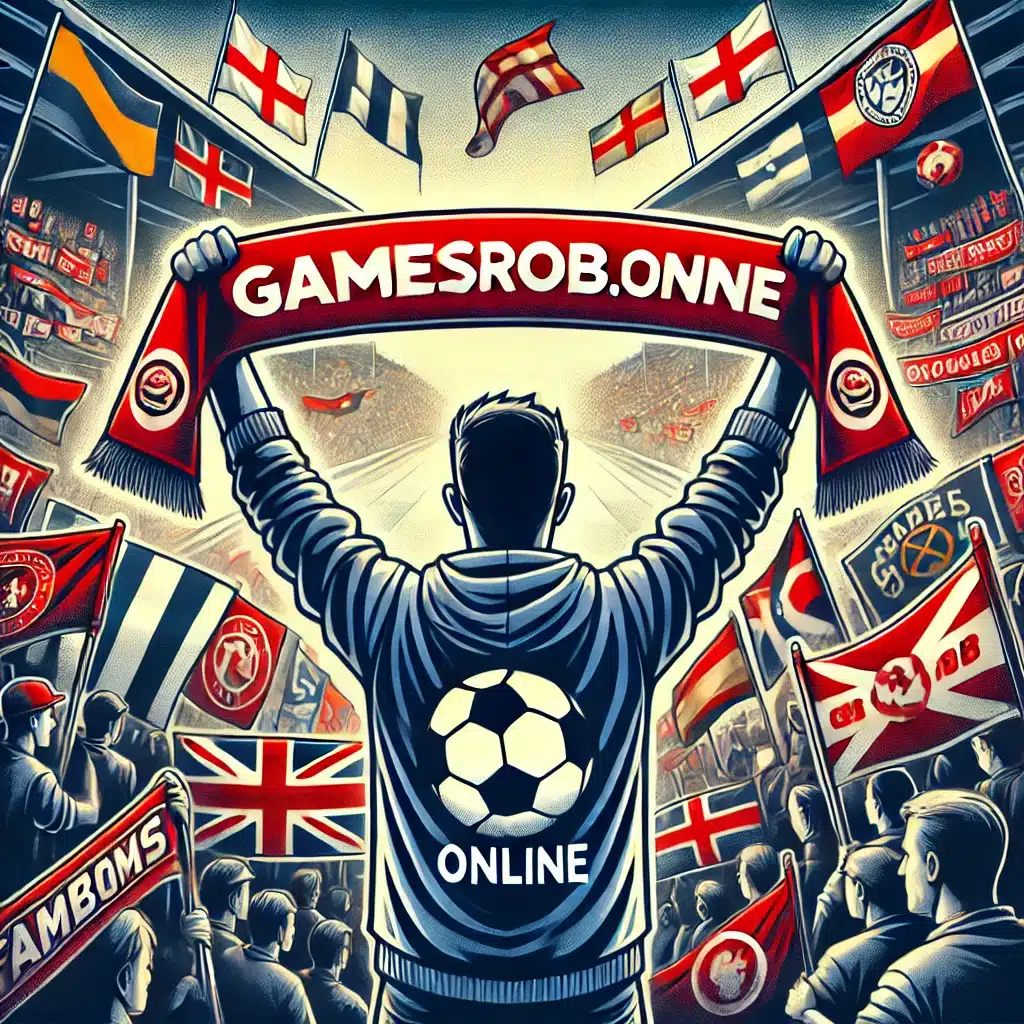The Importance of Football in Modern Society

Introduction
Football is much more than just a sport; it is a reflection of society, a mirror that shows us the passions, values, and challenges that define our world. The importance of football in modern society cannot be overstated, as it plays a crucial role in shaping culture, influencing social movements, and driving economic growth. In this article, we will explore the multiple facets of football’s impact on society, from its role as a unifying force to its influence on business, politics, and global relations.

Football as a Cultural Influence
Football has an undeniable cultural influence, with millions of fans around the world viewing the sport not just as a pastime but as an integral part of their identity. The sport has a unique ability to unite people across race, class, and geographical boundaries. In countries like Brazil and Argentina, football is woven into the fabric of everyday life, where the sport is more than just a game—it is a source of national pride and a platform for self-expression.
In cities like Barcelona, Manchester, and Rio de Janeiro, football clubs have become symbols of local culture. For example, FC Barcelona represents Catalan identity and pride, while Liverpool’s “You’ll Never Walk Alone” anthem encapsulates the club’s strong community spirit. Fans form deep emotional connections to their teams, and the sport becomes a platform for expressing personal and collective identity.
Football’s Economic Impact
Football has a massive economic impact, both locally and globally. The sport generates billions of dollars annually through ticket sales, broadcasting rights, sponsorship deals, and merchandise. Major football tournaments, such as the FIFA World Cup and the UEFA Champions League, contribute significantly to the global economy, with billions of viewers watching these events.
Football also creates millions of jobs worldwide, from players and coaches to analysts, marketers, and stadium staff. Major football clubs are multi-billion-dollar enterprises, with their financial power influencing the global economy. For instance, clubs like Manchester United, Barcelona, and Bayern Munich have sponsorships with some of the world’s largest corporations, while players like Cristiano Ronaldo and Lionel Messi have become global brands in their own right.
Football and Social Movements
Football has played a pivotal role in social movements throughout history. One of the most significant ways football has influenced society is through its involvement in fighting racism and promoting equality. In recent years, players like Marcus Rashford, Raheem Sterling, and Mesut Özil have used their platforms to raise awareness about social issues such as racial injustice, poverty, and human rights.
The Black Lives Matter movement, for example, was supported by many players and teams worldwide. In the Premier League, players took a knee before each match as a gesture of solidarity with the fight against racism. Similarly, in South Africa, football played a vital role in the fight against apartheid, with players like Nelson Mandela using the sport to bring the nation together and heal divisions.
Football’s Role in National Identity
National football teams often serve as representations of a country’s pride and aspirations. For countries like Brazil, Argentina, Germany, and Italy, football is a powerful expression of national identity. During international tournaments like the World Cup, the entire nation rallies behind its team, hoping for victory and international recognition.
In times of national crisis or celebration, football has the power to unite people. During the 1998 World Cup, France’s victory was seen as a triumph of unity for a country struggling with social tensions. The victory brought together a diverse, multi-ethnic nation, and the team’s success became a symbol of hope and cohesion. Similarly, when England won the 1966 World Cup, it became a moment of national pride that transcended political divides.
Football’s Political Influence
Football’s influence extends into the political realm, where governments and politicians often use the sport as a tool for diplomacy or social control. The 1978 FIFA World Cup in Argentina, for instance, was used by the military dictatorship to boost national morale during a time of political repression. On the other hand, football can also act as a form of protest. In 2011, Egyptian football fans played a crucial role in the political revolution, with protests in Cairo’s Tahrir Square erupting after the deaths of 74 people in a football riot.
In some cases, football has even played a role in peace-building efforts. The famous “Football for Peace” initiative has used football matches as a way to bring together people from different backgrounds, including communities in conflict regions like Israel and Palestine. Through football, these initiatives promote dialogue and mutual understanding.
The Future of Football’s Role in Society
Looking ahead, the role of football in modern society is likely to grow even more influential. As the sport continues to evolve, it will increasingly intersect with technology, business, and global politics. The rise of digital platforms and social media has allowed football players to have direct interaction with their fans, shaping public opinion and creating new forms of engagement.
Additionally, the increasing commercialization of football may lead to further changes in the way the sport is consumed. Fans will likely continue to be drawn not only to the matches but also to the entertainment surrounding them, from virtual reality experiences to esports. With football’s continued global reach and cultural significance, it will remain a powerful force in shaping the future of our societies.

Visitor comments ( 0 )